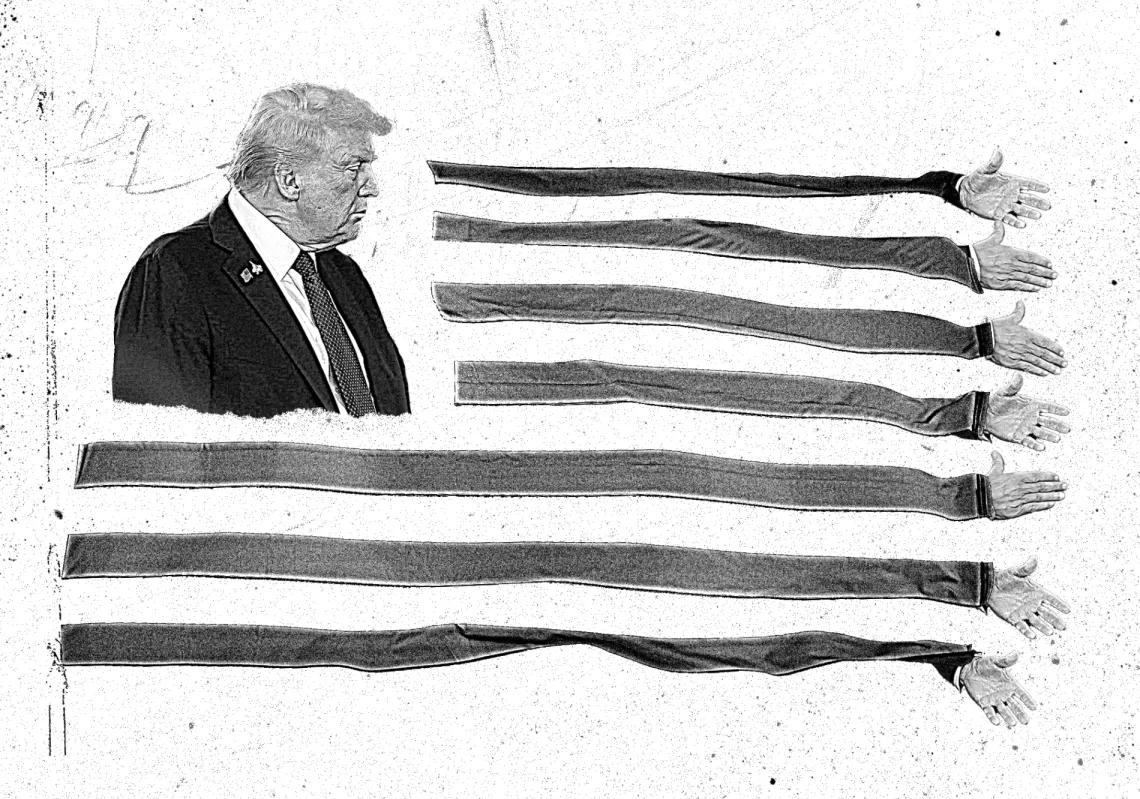Between Two Worlds: My Life in Captivity in Iran by Roxana Saberi
Harper Collins 2010
Roxana Saberi captured the world’s attention when just before the Iranian elections of 2009, the American-Iranian journalist was arrested and taken to Iran’s infamous Evin prison. The stories of torture and rape that have made Evin prison a feared destination for Iranian activists was never a place Saberi expected to go to. Her latest book Between Two Worlds: My Life in Captivity in Iran explains how this unexpected turn in her life came to be.
Now that the nightmare is over and her body has healed from the two-week hunger strike she began in her demand for a fair trial, the journalist takes on this book to deal with the emotional and psychological scars that her imprisonment left her. Having been arrested and imprisoned without knowing the charges against her, undergoing solitary confinement, confessing to crimes she didn’t commit, and living through the uncertainty that comes with a corrupt judiciary (that even intimidated her lawyer), gives Saberi ample material to write a compelling book about something many people know nothing about: loosing their freedom.
Saberi’s background in journalism shines as the author is able to create the suspense that one would associate to a thriller. From her arrest through to her interrogation and trial, Saberi emotes the anxiety, denial, anger and sadness that anyone in her situation would have undergone. More importantly perhaps, is Saberi’s ability to present her story without sensationalizing what she went through, or glorifying her own strengths. Despite the incredible situation she finds herself in, the reader is always made aware of how real her ordeal was.
Impressive in its presentation, what stands out most from this book are the ontological and ethical questions that Saberi raises. One particularly important question is the value of life and freedom, if it comes at the cost of lying. Saberi is honest about the fact that when taken to prison, she admitted to spying for the CIA, using a book she was writing about Iran as her cover for interviewing broad ranges of Iranian society. However, after meeting her inmates in the 209 section of Evin, reserved for prisoners of conscience, she realizes the importance of telling the truth even though it almost cost her freedom and even worse, her life. In this way, what begins as a story of the struggle for freedom becomes an account of the relationship between freedom, dignity and inner-strength. It also pushes her readers to confront these questions, and ask themselves what they would have done in her place.
One particular success of Between Two Worlds is Saberi’s ability to demonstrate the sheer challenge that staying sane in her situation must have been. As a result of Saberi’s accomplished account, her audience becomes increasingly aware of the inherent weakness in humanity, especially their own. This is also highlighted in Saberi’s portrayal and relationship with her interrogators and the guards in prison.
The idea of loving your enemies is not new, but it acquires a new dimension in Evin prison. Saberi asks her inmates, two Bahai women who forgive their captors so as to avoid becoming like them, how they managed to forgive those who took their freedom? Their advice to forgive comes as Saberi struggles with her own feelings of animosity towards her captors, who promise her freedom one day, and deny it to her the next. Most shockingly perhaps, is the story of her interrogator who admits to her that he knew her confession was a lie, but imprisons her anyway. How could one ever come to forgive in such a situation? And does she manage to do it?
The answer to this question is less direct. Saberi notes throughout her book that the intense paranoia felt by the regime was one important reason behind her arrest. She also explains that as far as the guards went, they came from the lower class (comprised of individuals who are more likely to follow the government’s extremist lead) and were probably just content with having a regular job. Whether in her eyes this excuses their role in her incarceration is never fully explained. Nonetheless, Saberi doesn’t let their humanity get too much of her soft side.
Her most interesting moments as the book’s protagonist come when she learns to defy the suggestions of her captors. When they tell her parents not to give interviews, she encourages them to do the opposite. When they tell her hunger strikes won’t help her, she goes ahead and does it anyway. Her empowerment under these conditions appears as the main way in which she dealt with her animosity towards her captors and her situation.
Many have speculated that Saberi’s imprisonment came at a very particular time in Iran’s political history. At a moment when President Mahmoud Ahmedinejad’s government was about to face an electoral showdown, not to mention American pressure to respond to a rapprochement, it appears that the equation was just right for an arrest to take place which would serve the government’s propaganda machine. Whether or not this is the true reason behind Saberi’s incarceration, she does not pretend to know for certain. Nonetheless, the story of her ordeal is layered over a political analysis of Iran’s government, and the legacy of the Islamic Revolution’s impact on civil rights.
In this sense, her book is also an important part of her empowerment post-imprisonment. In highlighting the weakness of the government, Ahmedinejad’s lack of popularity, even her trial’s lack of evidence, she demonstrates what a state the Iranian government is really in. This is truly her ultimate revenge, for the underlying message of the book is that her importance, as far as her career in journalism went, were so minimal that only the weakest government would try to use her as their salvation.
Layered over details of Iranian society and its characteristics, Between Two Worlds is more than an account of Saberi’s incarceration. Rather, it is a study of humanity, from the relationship between body and soul, to the true meaning of strength. Saberi’s latest book teaches you more than her story or Iran’s political situation, it demands that you reassess your appreciation of freedom, and most importantly, how you define it.







